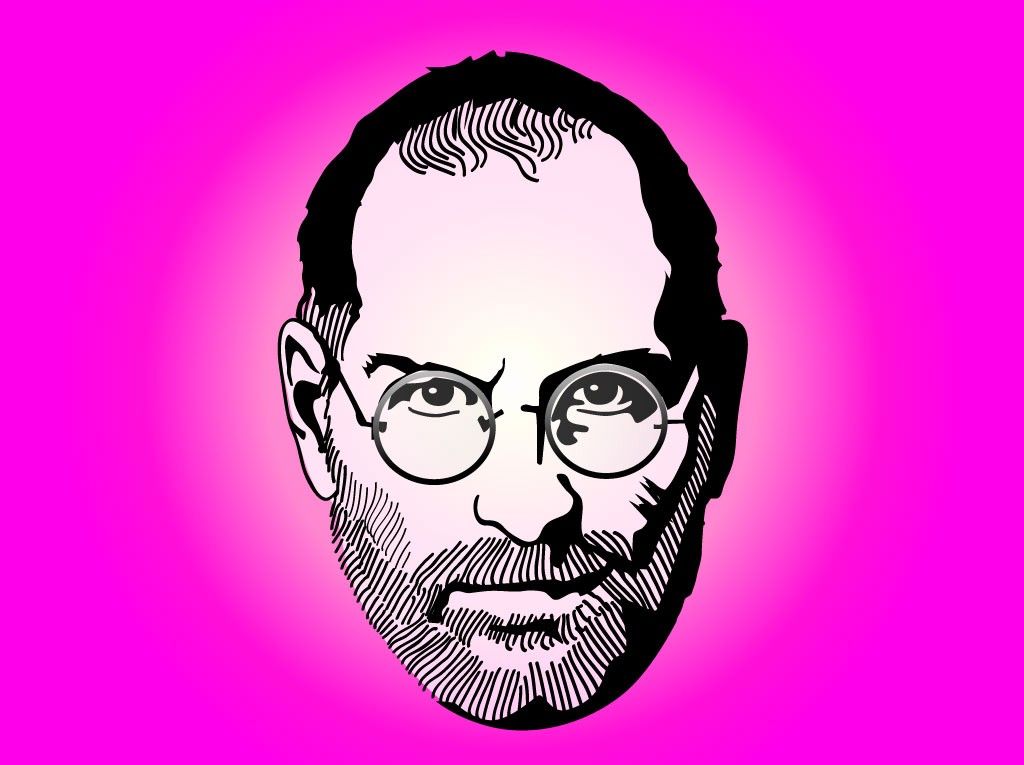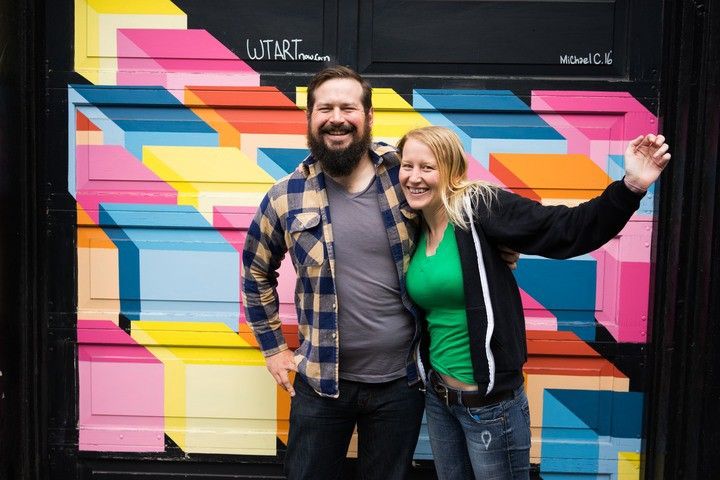In search of human entrepreneurs

Top highlight
The myth of the Great Jerk rules over Silicon Valley. Since Steve Jobs ran roughshod over friends, colleagues, and enemies alike, and he was an incredible success, many in the tech world feel it is acceptable and even expected for startup founders to behave in similarly tyrannical fashion. Elon Musk is said to be a yeller, so his emulators are empowered to be screamers. The origin stories of many of the iconic tech brands have, at some point, a story of one or more of the founders engaging in skullduggery.

So prominent is the Great Jerk myth that some investors even screen for these tendencies, seeing dominance and Machiavellian behavior as an indicator of the kind of leadership needed to grow a company from nothing to unicorn. Never mind that this ignores the legions of great entrepreneurs who are known to be good people both in the office and at home — the market for screaming CEOs is quite sizable. And, perhaps most troublingly, these Great Jerks who are sought after are almost uniformly male.
I bring up the myth of the Great Jerk only to stand in opposition to it. As an investor, all the best entrepreneurs I know personally are humble, curious, and generous with their time and energy. They’re the kind of leaders that you want to see win in the market not because you invested in them, but because you genuinely want them to succeed on an individual and team level. Crucially, they’re great leaders because they attract the best people to them and they work well with others in times both good and bad. Their kindness and openness to other people is an essential aspect of their leadership, not an incidental aspect of their personality.
The dearth of jerk entrepreneurs I work with regularly isn’t an accident. If anything, it borders on an investment hypothesis here at Matter. Like all early stage investors, we believe that the only way to judge a venture is to bet on a team, as the specific business will change in ways big and small on the drunken walk toward product/market fit. There are a number of variables tied up in that core idea of “betting on a team.” One is the experience, track record, and skills of the individuals founding the company. Another is looking at versatility and relationship to failure — are they willing to kill ideas that aren’t working or do they plow ahead as if everything is fine or just needs more time?
And the last, often overlooked in Silicon Valley, is the emotional intelligence of each member of the team. Are they listeners? Do they communicate directly and with sensitivity? Do they observe and fix troubling patterns in their relationships before they do greater harm? Or do they, instead, refuse to compromise and shut others out when there’s a disagreement? Do they yell to get their way? Do they expect preferential treatment?
We look for the former profile, the emotionally intelligent startup team, for very good reason: two-thirds of all venture-backed startups that fail do so because of preventable human dynamics reasons. The Great Jerks, for all the praise they’ve earned, have a more uphill battle holding together a great team. Their personal volatility makes them volatile to invest in. It’s hard to bet on a team when you see indications of poor communication and conflict-resolution between the co-founders. Resilience and adaptability are critical to survival at every stage of leading a startup. Uneasy alliances break down when times gets tough (see the saga of Hyperloop One). When faith in the founding team is the best predictor of success, a founding team that can survive through thick and thin is the best thing to bet on.

Strong, emotionally intelligent teams keep it together and take the best next step, especially when they have no idea where to go over the long term. It’s an old story now, but Bill Hewlett and David Packard founded HP before they knew what they would make, and they stuck together through failure in harmonica tuners, automatic toilet flushers, and electronic bowling foul line indicators before building the commercially viable audio oscillators that they sold to Walt Disney. They were friends and allies before and after they had a real business plan.
It’s time to stand up and celebrate the Team-First Entrepreneur, those who know the key to winning is to build and hold together a team that is connected to the world to spot emerging opportunities, creative enough to make products people love, and humble enough to know they can’t go it alone. I’d celebrate them one by one, but I don’t have room to name every single founder in our portfolio.
Matter is an SF & NYC-based startup accelerator and venture capital firm grounded in the principles of design thinking that supports early-stage media entrepreneurs and mission-aligned media institutions building scalable ventures that make society more informed, inclusive, and empathetic.
Our mission has never been more important than it is today. We are looking for scrappy entrepreneurs inspired to make real change. Our next cohort starts on June 5th. Apply now.
For regular updates, follow us on Facebook, Twitter, and Instagram, and subscribe to our mailing list.

